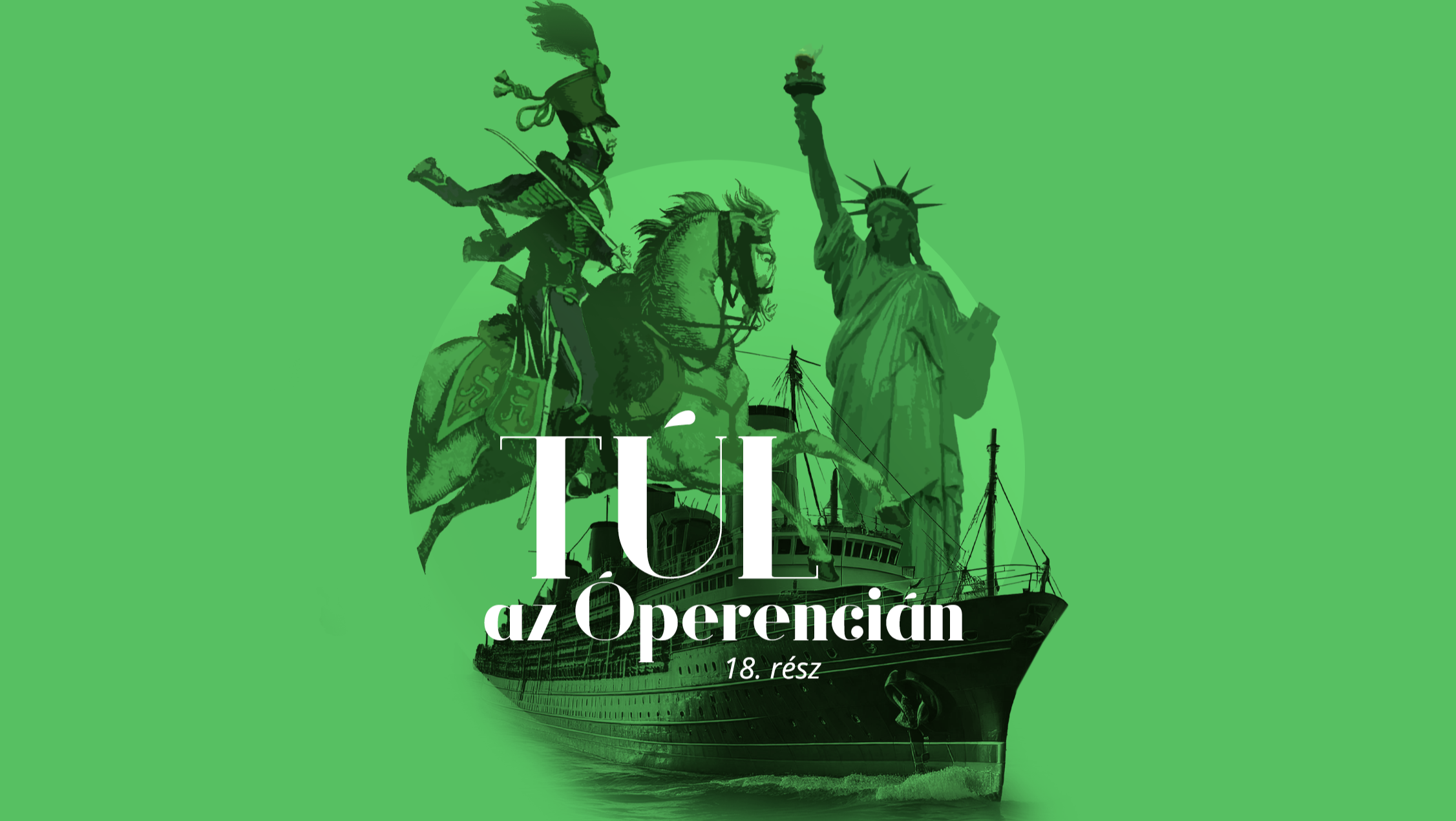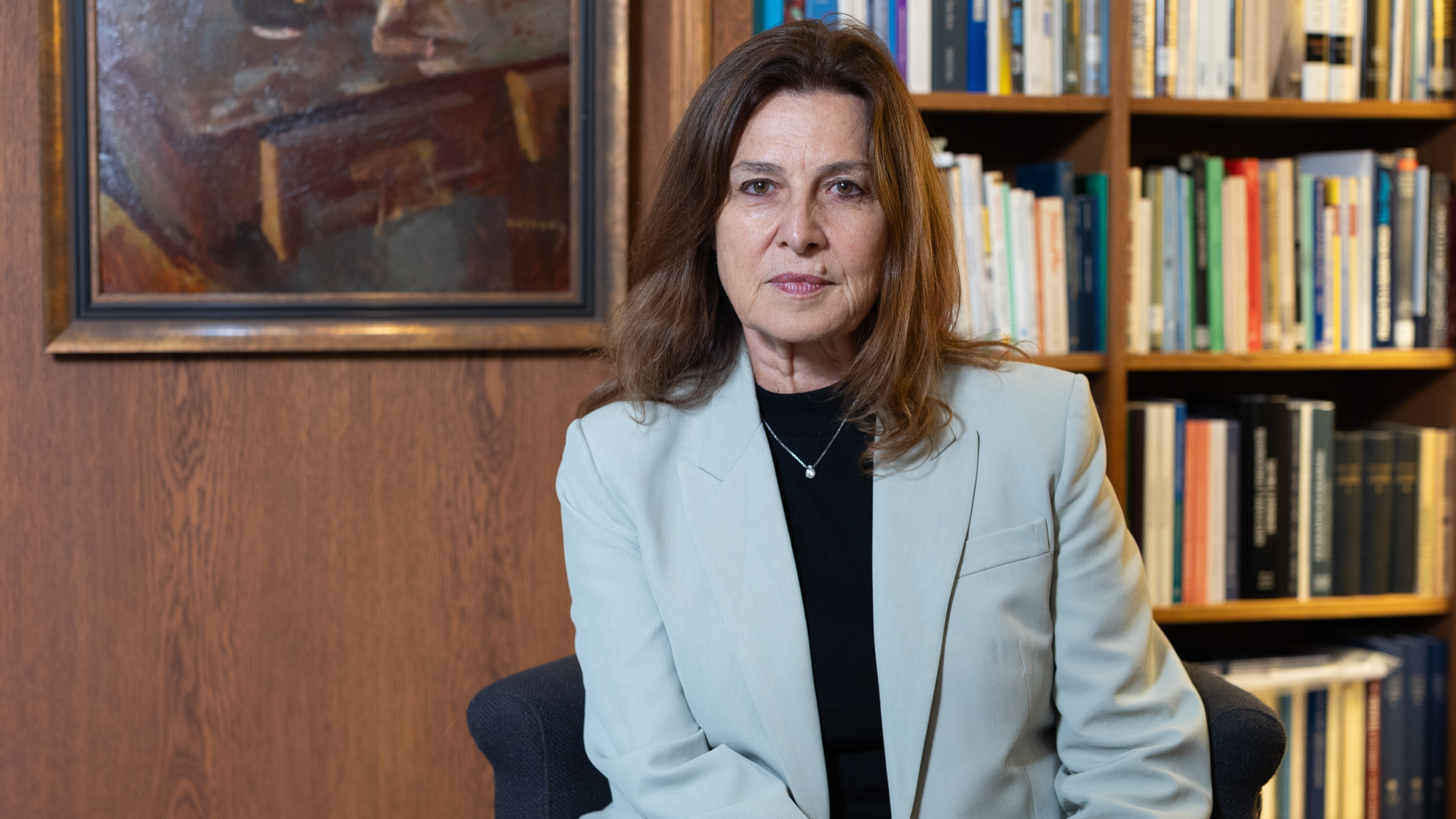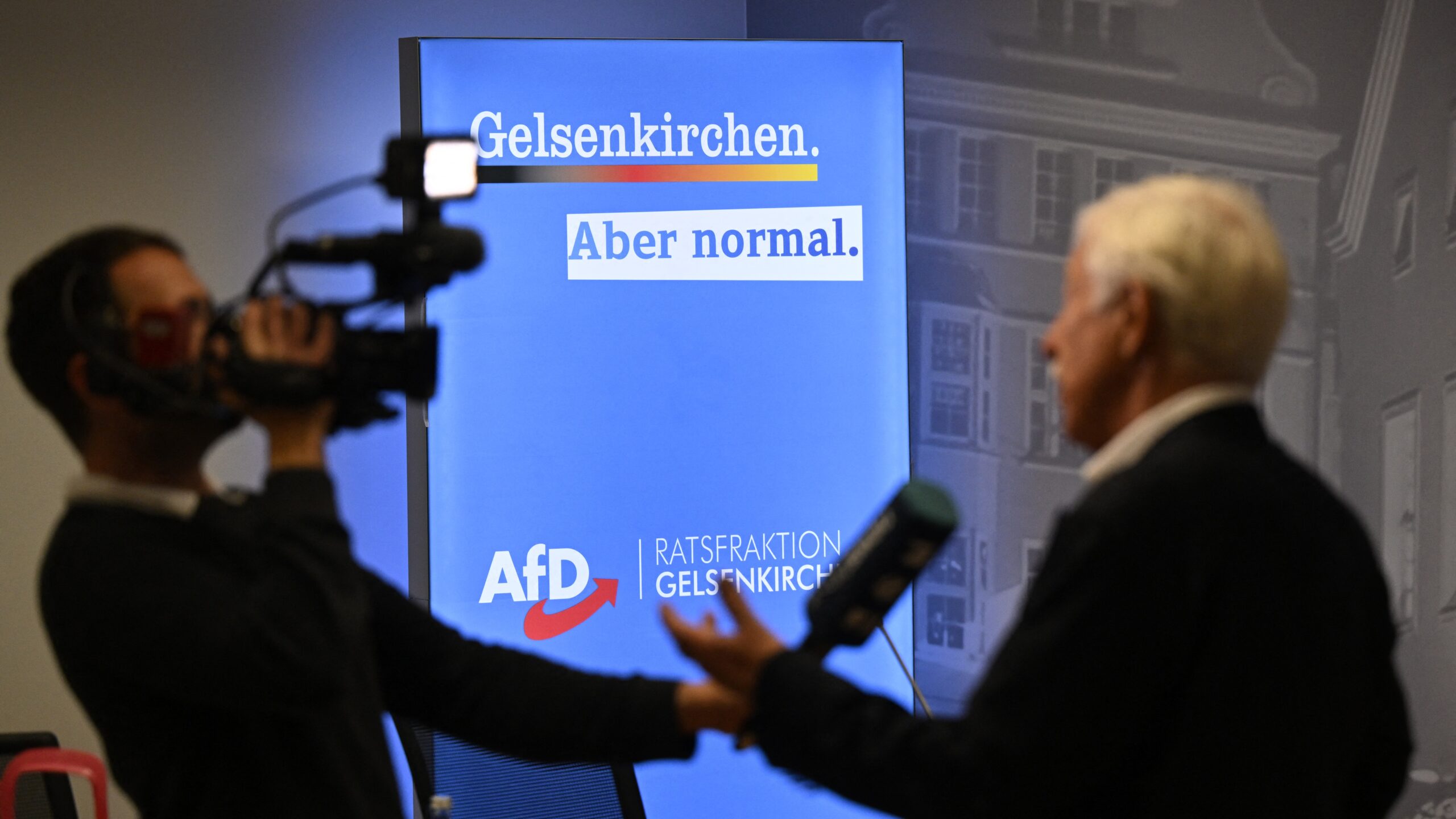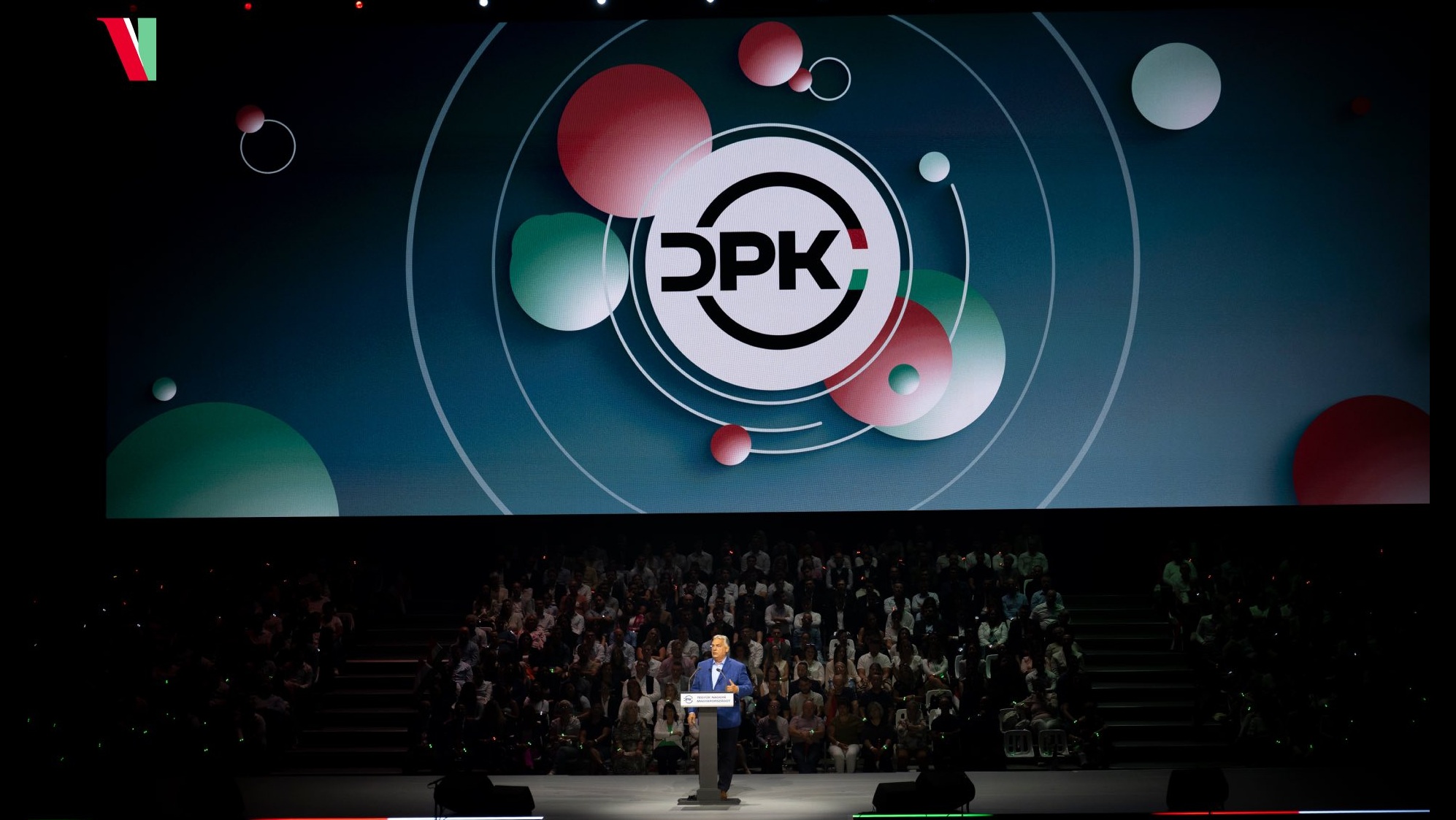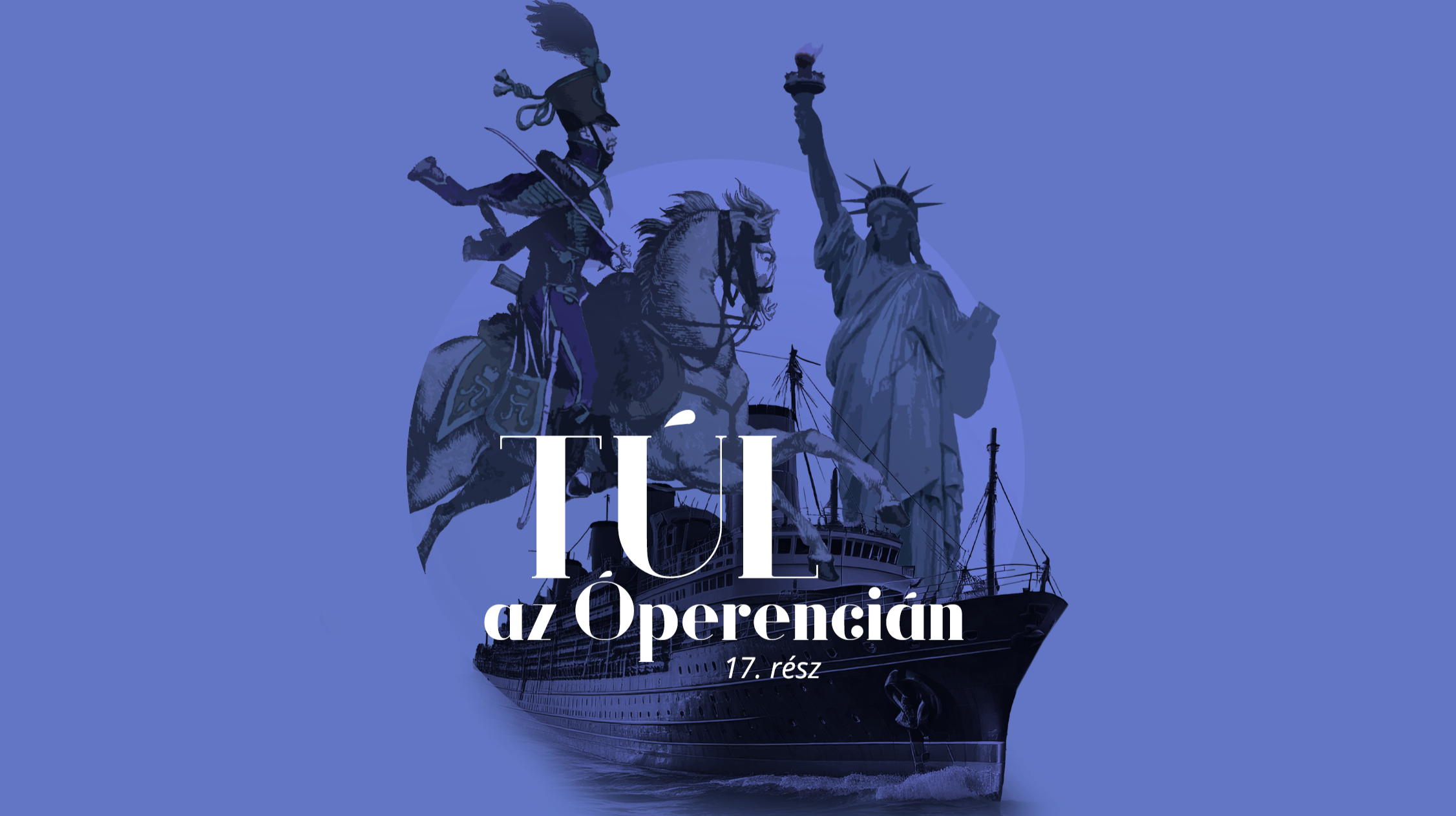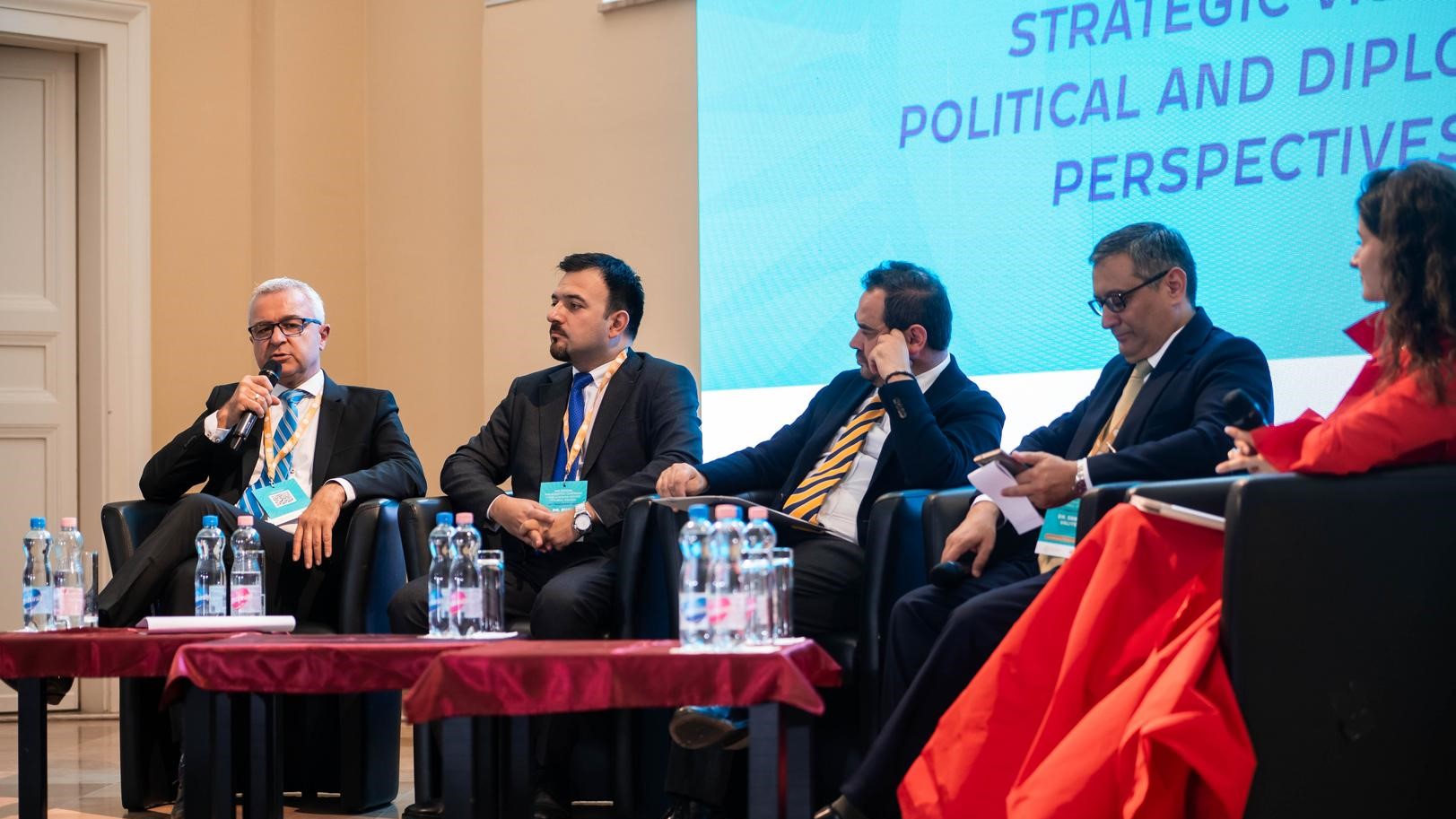
Hungary as a Bridge between the Turkic World and Europe
‘“At LUPS, we educate those who will dedicate their careers to serving the homeland in national security, diplomacy, or public administration,” Rector Dr Gergely Deli emphasized in his opening address. “For this, our students need the broadest possible understanding of the world…The new research centre provides a platform and serves as a bridge between Hungary and the Turkic countries.”’


